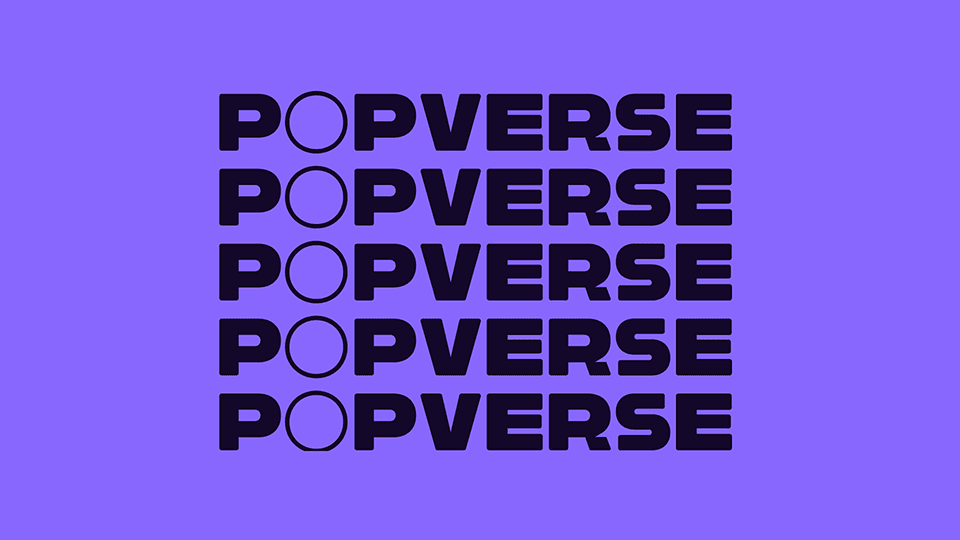If you click on a link and make a purchase we may receive a small commission. Read our editorial policy.
Argylle's twist-filled storytelling defeats its own purpose
Yes, nothing is what you expect, but after a while, you'll stop caring

Popverse's top stories of the day
- Every new movie and TV series coming to Netflix, Amazon Prime Video, and Hulu in July 2024
- DC's Kingdom Come is getting the documentary movie treatment, with a big announcement coming in July 2024
- Marvel Studios unveils new Fantastic 4 artwork for San Diego Comic-Con
By this point, it feels as if most people are familiar with the concept of “Yes, and” as a tool for improvisation and storytelling. It encourages collaboration by building upon what’s come before without invalidating anyone else’s contributions, allowing a richer, more full, whole to come as a result.
"Yes, and" has become a bedrock that many storytellers rely upon, especially in this age of shared cinematic universes and episodic storytelling… and its ubiquity is something that makes Matthew Vaughn’s Argylle stand out all the more. Because, if everyone else is using “Yes, and” as a guiding principle, Argylle is notable for being built on the basis of “No, but.”

Spoiler warning: the following will reveal spoilers for Argylle, currently in theaters. Stop reading now if you don’t want to know more.
Argylle as a movie has one central idea: everyone is lying. It’s in the tagline of the movie — “the greater the spy, the bigger the lie” — and called out in dialogue in the movie early on. Spy craft is all about untruths and using lies to get what you want. It’s the movie being unexpectedly honest, albeit in an obviously sneaky manner, because it’s literally the movie telling you exactly what it’s going to do for the majority of its 139 minute runtime: lie to you over and over and over again, as each new rug gets pulled out from underneath you.
The number of twist reveals in the movie is almost impressive: Elly’s books are predicting real life spy stuff! Aiden is a bad guy! Elly’s parents aren’t her parents! Aiden is a good guy after all! Elly isn’t Elly at all! Elly’s not-mother isn’t dead! Aiden’s not dead!
The movie’s exhaustive desire to disorient the audience is, in the end, entirely exhausting and self-defeating: because we’ve had so many twists and turns undone within moments in an attempt to keep us on our toes, the opposite effect starts to take hold — it becomes difficult to care about anything happening onscreen because it’s almost guaranteed that anything and everything can and will be rewritten and explained away.
Oh, is the world about to end? That’s fine, it’s probably not the real world after all, but another imagined world from another author who’s probably a brainwashed spy with amnesia. Why bother breaking a sweat?

This disruptive approach to storytelling ultimately ends up disrupting the audience’s connection to the story; it becomes impossible to care about anything onscreen if you feel as if it’s only temporary. A handful of well-placed “everything you know is wrong” twists can be effective; a movieful when you’ve undercut the emotional involvement anyone can have with your lead characters is something else altogether.
More than anything, what Argylle ultimately resembles is child’s play, literally: a restlessness with the status quo and a constant desire to surprise and shock that honors novelty above everything else. It’s something that is fun for a small while, but tiring in the long run. After all, we’ve all grown past that by now, haven’t we?
Argylle is in theaters now. Buy tickets on Fandango or Atom Tickets.
Wondering what that Argylle ending is all about? We’re here to help.
Follow Popverse for upcoming event coverage and news
Find out how we conduct our review by reading our review policy
Let Popverse be your tour guide through the wilderness of pop culture
Sign in and let us help you find your new favorite thing.
















Comments
Want to join the discussion? Please activate your account first.
Visit Reedpop ID if you need to resend the confirmation email.